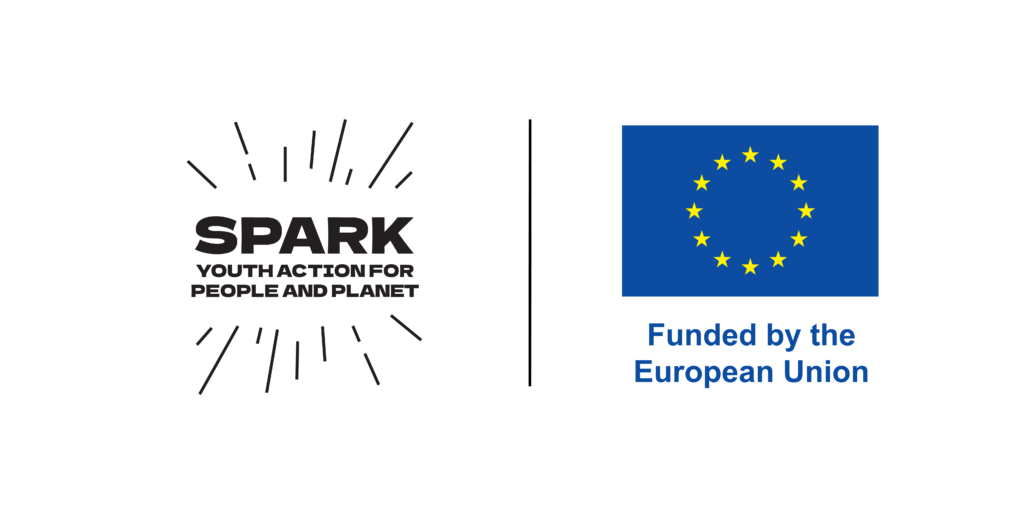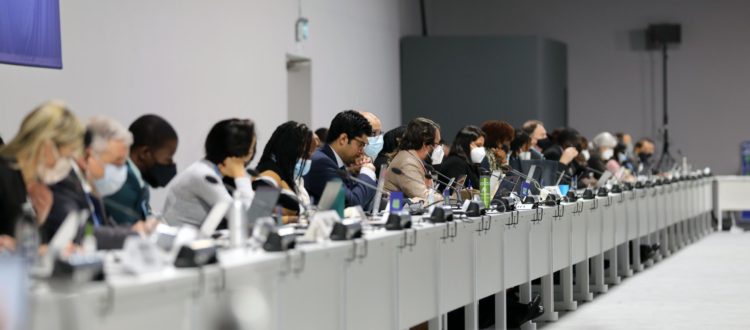NON-MARKET APPROACHES UNDER ARTICLE 6 PA: YET TO BE DEFINED
One of the still unresolved issues of the Paris Agreement concerns the definition of the non-market mechanisms contained in Art. 6 which contemplates possible cooperation paths through which the Parties can interact voluntarily with the aim of achieving the objectives of mitigation, adaptation, finance, technology transfer, knowledge sharing and capacity development.
Within the climate negotiation, the non-market mechanisms (Non-Market Approaches – NMAs) provided for by Article 6.8 of the Paris Agreement have received less attention than those related to the carbon markets. The Parties to the Convention have not yet managed to agree on the definition of these instruments, which currently include everything that is not included in the market ones. But what are the advantages of implementing non-market mechanisms in the context of the challenge of climate change?
Non-market mechanisms (NMAs) can actually be implemented quickly. On the contrary, on the market mechanisms, the UNFCCC parties have not been able to find an agreement for seven years. Through non-market approaches, the way would be opened for international cooperation and the first results in terms of implementation could be seen within a few years, if not months.
From the point of view of climate justice, NMAs can be developed more equitably especially for the least developed countries that suffer the most from climate change losses. Indeed, many states will not be able to participate in carbon markets, given the enormous challenge arising from the creation of carbon credits and capacity constraints. With non-market approaches, on the other hand, it is possible to support the implementation of NDCS for all countries and encourage adaptation, providing continuous support even for the losses and damage deriving from climate change whose effects will continue in the future.
NMAs can also support resilience and recovery following the spread of the Covid19 virus since international cooperation strengthened through a fair and non-market-based approach can support projects that contribute to improving and speeding up post-recovery recovery. pandemic.
Finally, concerning the implementation of policies and regulations that facilitate the sharing of knowledge to mitigate climate change, the transfer of North-South and South-South technologies, as well as international cooperation to raise funds, through these mechanisms it is possible to support the activities of mitigation and implement real, significant and permanent reductions in emissions. The compensation provided by the market mechanisms does not reduce emissions, but simply shifts the obligations from one country to another. Through non-market approaches, mitigation activities in all sectors can be supported to provide real and permanent reductions in emissions in multiple countries, as well as increase the benefits in terms of adaptation to climate change.
During the COP26 in Glasgow, some countries therefore stressed the importance of defining these mechanisms within the negotiations on Art. 6 of the Paris Agreement. Several countries such as Bolivia, India, Brazil, Ecuador and Uganda have requested equal treatment for NMAs with respect to market mechanisms. But also the European Union, as well as the USA, have highlighted a lack of clarity regarding art. 6.8 and China has asked to invest more time to discuss the package of initiatives that should fall within this article 6.8.
The next negotiating sessions on art. 6 here at COP26 will be dedicated precisely to non-market mechanisms. As always, we will follow the negotiations from within to provide timely updates.
by Giulia Persico, ICN School Project Coordinator and COY16 Coordinator for Italy
You are reading this ICN COP Bulletin article as part of the EC DEAR SPARK project. Marirosa Iannelli, Coordinator of the Climate & Advocacy Department of ICN, overviews this activity. ICN monitors negotiations and reports what is happening in Italian and English, on our website and on social channels, as part of a pan-European consortium of over 20 non-profit organizations committed to promoting climate awareness with particular attention to the role of young people and issues related to international cooperation and gender policies.


